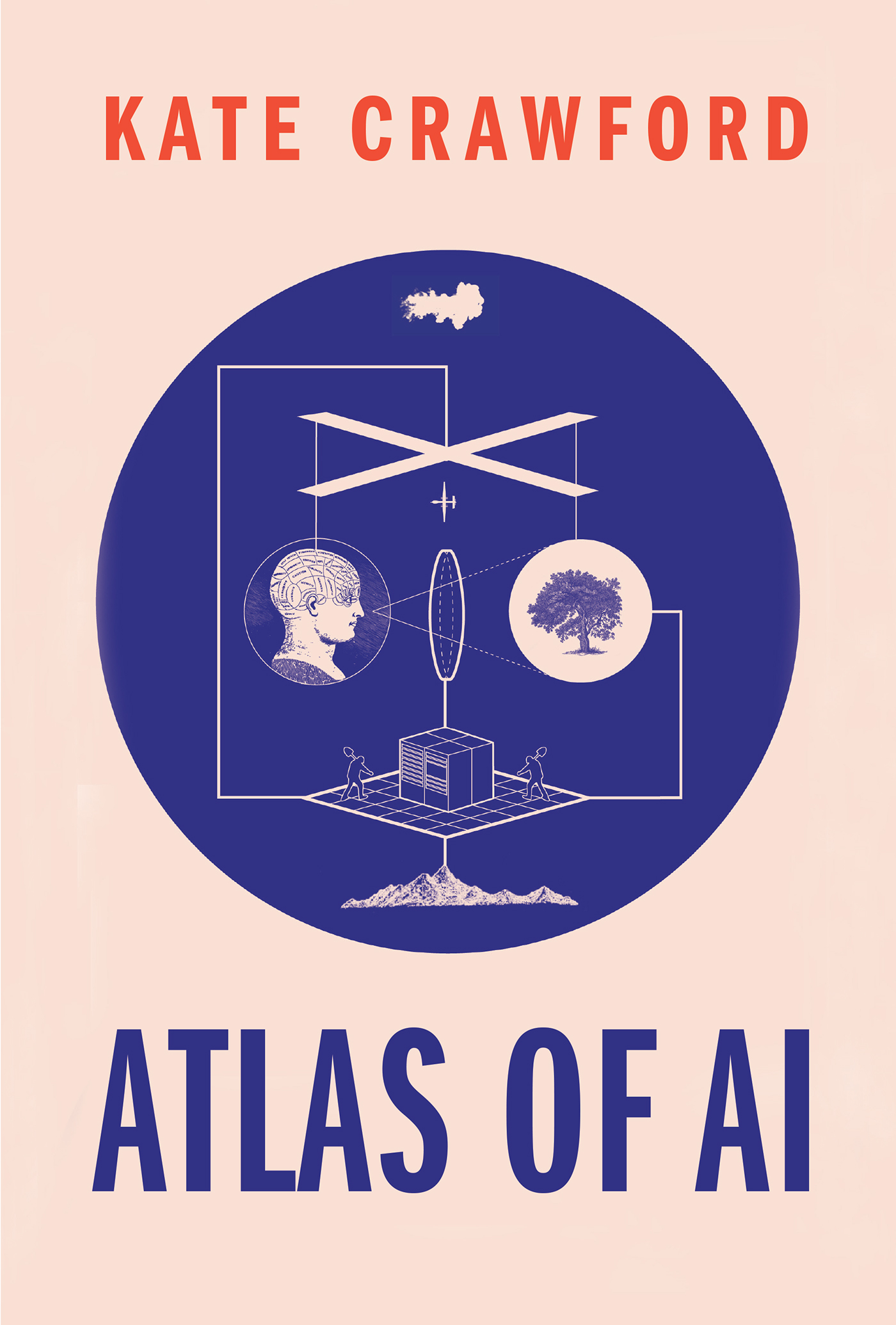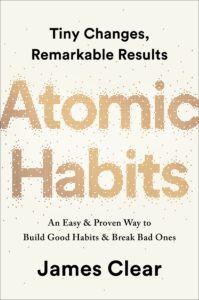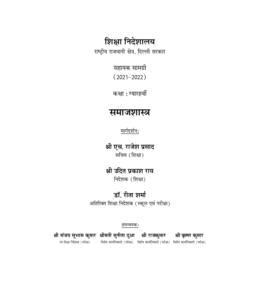Summary
What is artificial intelligence? If you ask someone in the street, they might mention Apple’s Siri, Amazon’s cloud service, Tesla’s cars, or Google’s search algorithm. If you ask experts in deep learning, they might give you a technical response about how neural nets are organized into dozens of layers that receive labeled data, are assigned weights and thresholds, and can classify data in ways that cannot yet be fully explained.
In 1978, when discussing expert systems, Professor Donald Michie described AI as knowledge refining, where “a reliability and competence of codification can be produced which far surpasses the highest level that the unaided human expert has ever, perhaps even could ever, attain.” In one of the most popular textbooks on the subject, Stuart Russell and Peter Norvig state that AI is the attempt to understand and build intelligent entities. “Intelligence is concerned mainly with rational action,” they claim. “Ideally, an intelligent agent takes the best possible action in a situation.”
Each way of defining artificial intelligence is doing work, setting a frame for how it will be understood, measured, valued, and governed. If AI is defined by consumer brands for corporate infrastructure, then marketing and advertising have predetermined the horizon. If AI systems are seen as more reliable or rational than any human expert, able to take the “best possible action,” then it suggests that they should be trusted to make high-stakes decisions in health, education, and criminal justice. When specific algorithmic techniques are the sole focus, it suggests that only continual technical progress matters, with no consideration of the computational cost of those approaches and their far-reaching impacts on a planet under strain.
In contrast, in this book [Atlas of AI], I argue that AI is neither artificial nor intelligent. Rather, artificial intelligence is both embodied and material, made from natural resources, fuel, human labor, infrastructures, logistics, histories, and classifications. AI systems are not autonomous, rational, or able to discern anything without extensive, computationally intensive training with large datasets or predefined rules and rewards. In fact, artificial intelligence, as we know it, depends entirely on a much wider set of political and social structures. Due to the capital required to build AI at scale and the ways of seeing that it optimizes, AI systems are ultimately designed to serve existing dominant interests. In this sense, artificial intelligence is a registry of power.
Extract
How, at this moment in the twenty-first century, is AI conceptualized and constructed? What is at stake in the turn to artificial intelligence, and what kinds of politics are contained in the way these systems map and interpret the world? What are the social and material consequences of including AI and related algorithmic systems into the decision-making systems of social institutions like education and health care, finance, government operations, workplace interactions and hiring, communication systems, and the justice system?
This book is not a story about code and algorithms or the latest thinking in computer vision, natural language processing, or reinforcement learning. Many other books do that. Neither is it an ethnographic account of a single community and the effects of AI on their experience of work, housing, or medicine—although we certainly need more of those.
Instead, this is an expanded view of artificial intelligence as an extractive industry. The creation of contemporary AI systems depends on exploiting energy and mineral resources from the planet, cheap labor, and data at scale. To observe this in action, we will go on a series of journeys to places that reveal the makings of AI.
Author
Kate Crawford is a renowned Australian academic, researcher, and author focused on the social, political, and environmental implications of artificial intelligence (AI) and emerging technologies. She is a professor at the University of Southern California (USC) and a distinguished researcher at New York University (NYU). Crawford co-founded the AI Now Institute, a leading research center examining AI's societal impacts, including bias, privacy, and labor issues. Her acclaimed 2021 book, Atlas of AI: Power, Politics, and the Planetary Costs of Artificial Intelligence, delves into the hidden environmental, social, and economic costs of AI systems. A prominent voice in AI ethics, Crawford combines interdisciplinary insights to advocate for equitable and accountable technological development.




